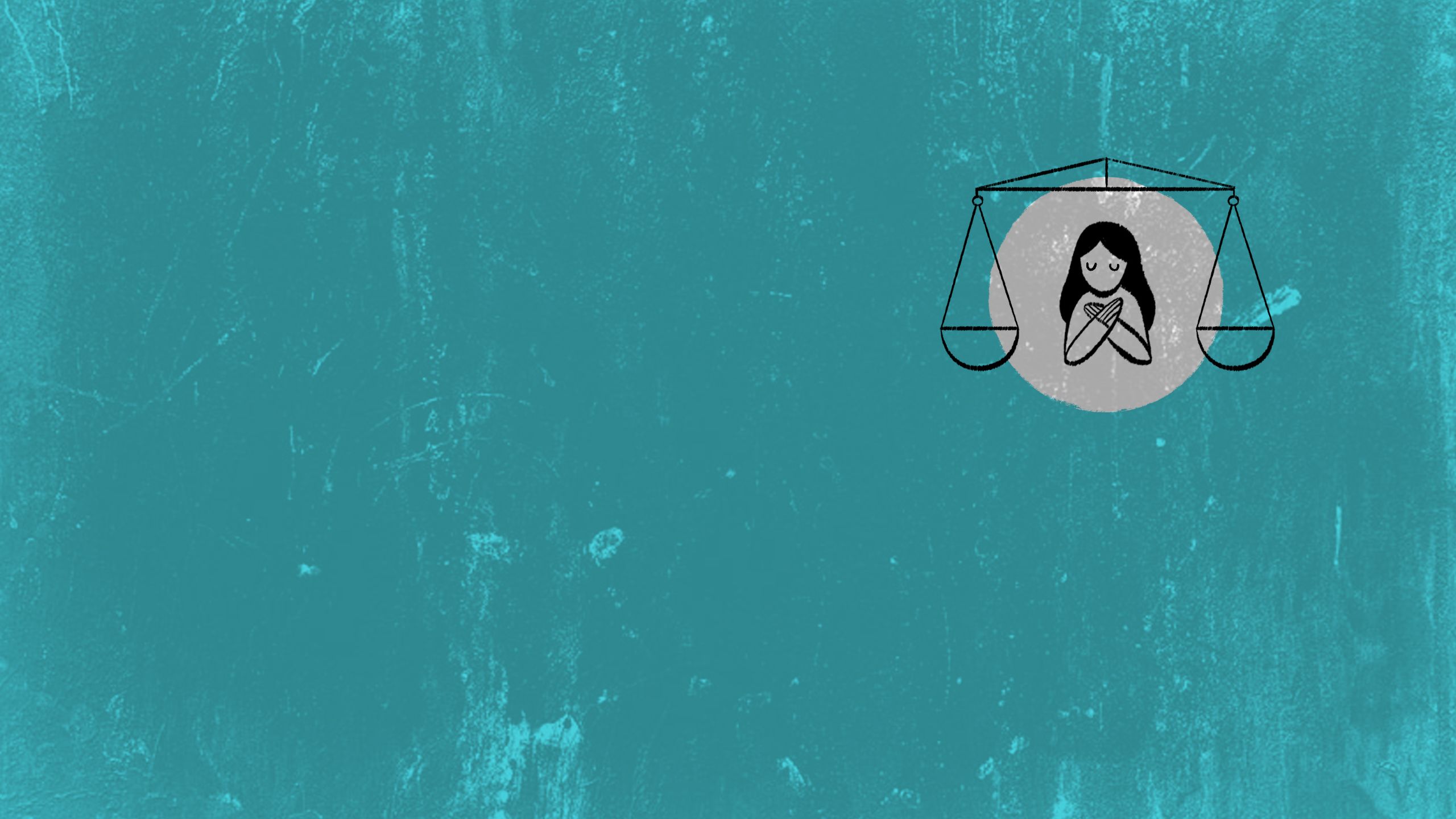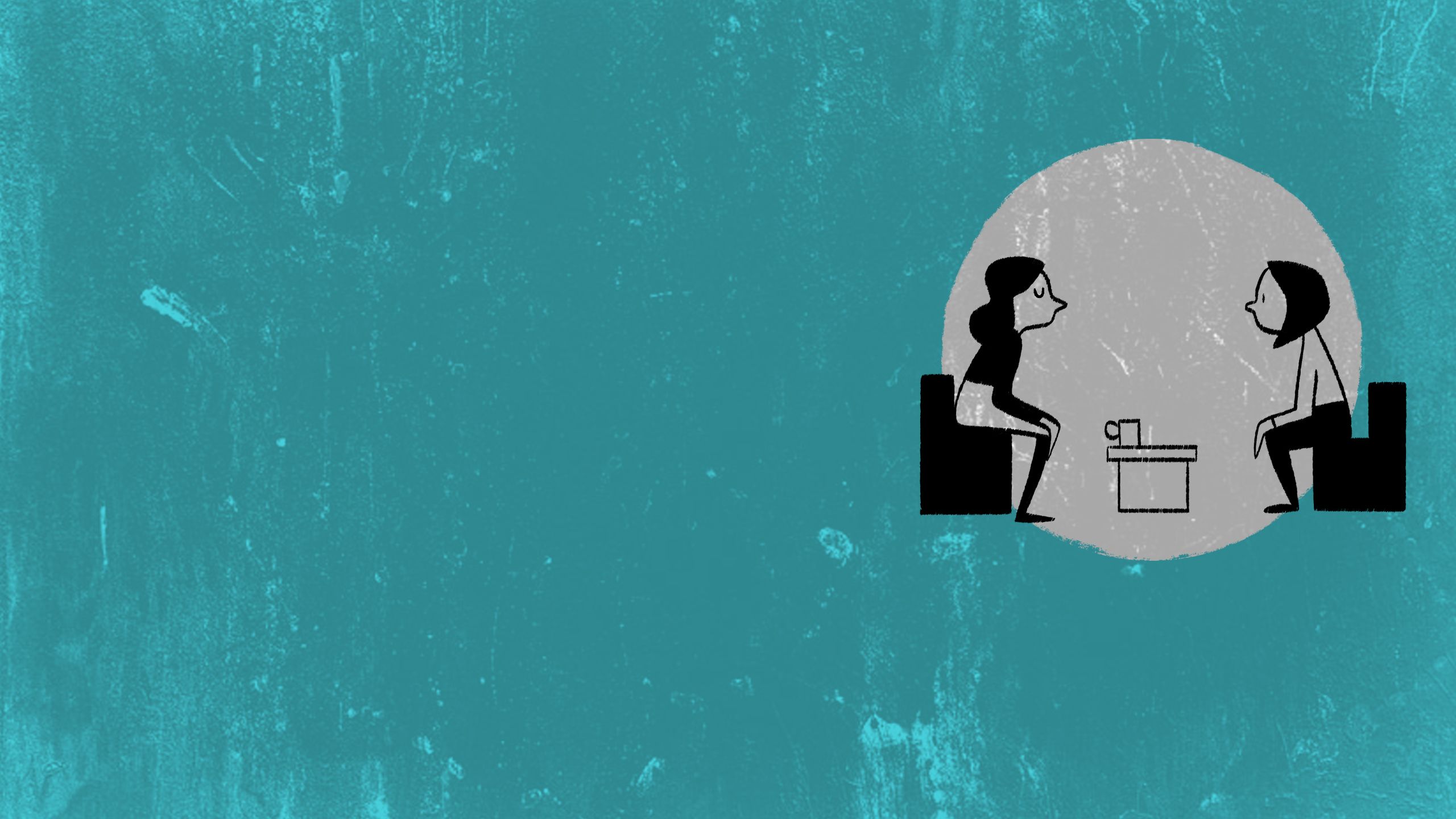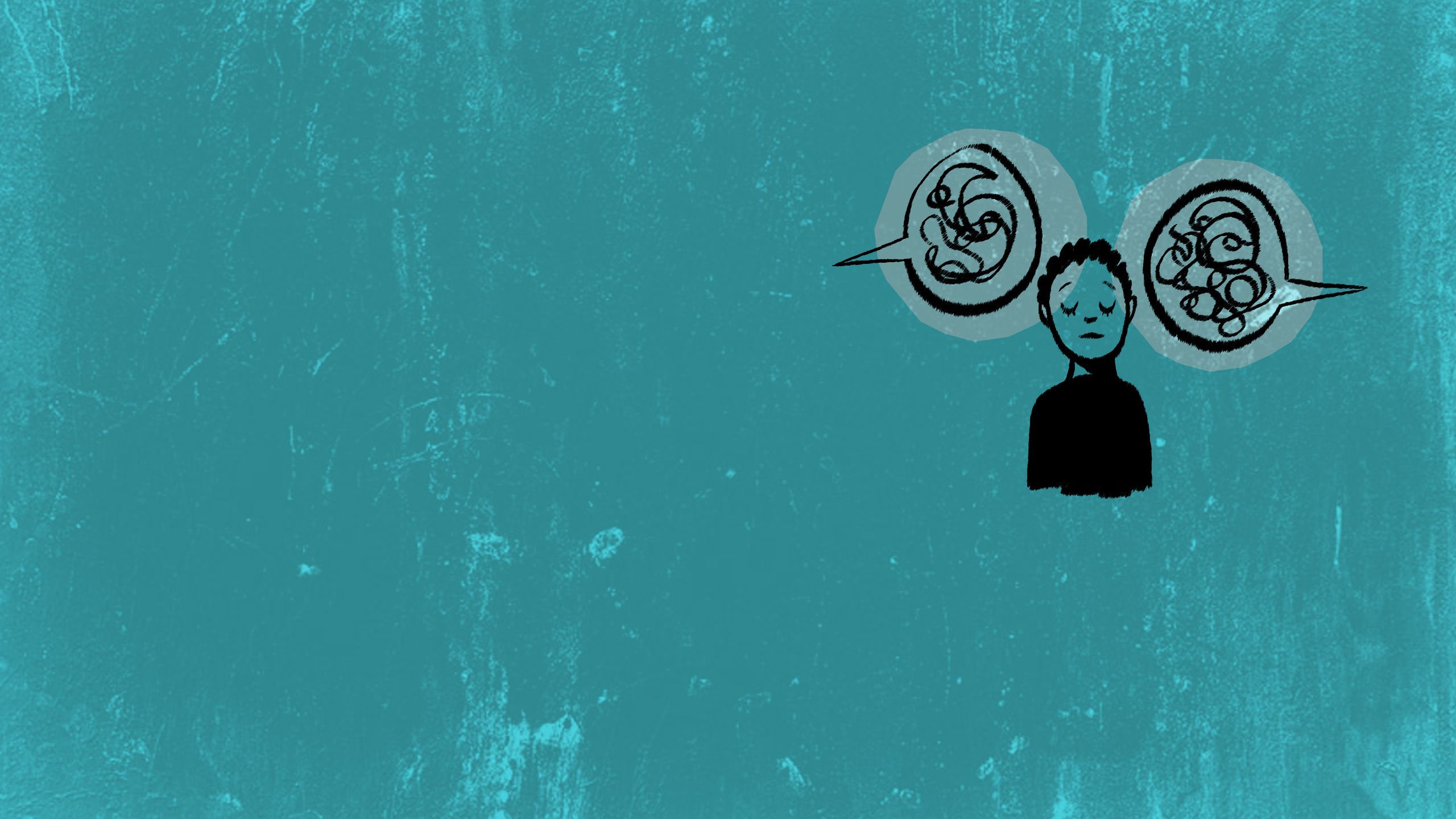What is it like
to report rape?
You told us about your experiences

Content Warning: This summary contains details of victims’ and survivors’ experiences which may be distressing.
Recent figures show that just 1.5% of rapes recorded by the police resulted in a suspect being charged or receiving a summons.
As part of their work on this important issue we, MPs on the Home Affairs Committee, wanted to find out from victims and survivors of rape and serious sexual assault themselves about how they experienced trying to get justice.
We invited people with lived experience aged 18 and over to share their views on the investigation and prosecution of rape with the Committee. Here is what you told us.
1. Confidence

There are low levels of confidence in the criminal justice system
Victims and survivors told us that a lack of confidence in the criminal justice system was discouraging people from reporting their experiences of rape and/or serious sexual assault to the police.
When asked what could be done to encourage people to report sexual violence, respondents said:
"The only way you will get more people to report rape is by actually convicting more of rape. At the moment it is a ‘free pass’ crime because the odds of getting convicted is so low, and people know this. They know that if the victim consented before or has had alcohol they are very likely to be let off."

Others spoke of how they themselves felt failed by the criminal justice system.
"Those who do find the strength to carry on are rare and have usually not reported, as going through the criminal justice system felt like being raped again, raped of justice, raped of acknowledgement, raped of a day in court to hold them accountable."
"I felt more traumatised reporting than enduring the abuse !!!"
"The whole system is disgusting and a [sic] I wish I had never reported it."
"It is important to me that I explain to you just how much this failure of prosecution means: it destroyed my life … More than anything, I wish I could have stopped myself coming forward and reporting because it truly traumatised me significantly more."
2. Feeling listened to

Police treatment of victims and survivors
It was clear from the responses how important it was to victims and survivors that they were treated with respect and felt listened to by the police.
"Treat victims with respect, allow them a female officer-if requested, don’t make them feel like they are lying/were at fault."
Some people had had positive experiences of engaging with the police. Reflections on the process of evidence gathering included the below statements.
"It’s traumatic but in my case the police were wonderful. I found it intrusive they took my phone for so long but I understand why."
However, others were dissatisfied with the police investigation, stating that it had been poorly handled.
"The police did not know how to gather doctor's records, showed lack of compassion, were rude, lost DNA evidence, lost paper and computerised reports, victim blamed and were entirely incompetent. They did not even know what PTSD was or that every rape survivor has it."
Some respondents even felt like they were being investigated rather than the suspect. Respondents found having their phone taken away and checked particularly hard. When asked about the process of evidence gathering, some respondents shared the following.
"It is wrong that the victim is treated like the abuser. Having my phone checked, etc."
"It takes far too long, puts the survivor at risk, makes survivors feel like they are on trial, the police do not update survivors enough, it is VERY intrusive."
"Invasive, humiliating. I remember the moment where I was lying on a cold table, being inspected and having my bruises marked.. My body had become a crime scene. Do you know what it's like to have your own body be treated like that, right after your boundaries were completely destroyed? It was horrific. Beyond that, in my case, the police didn't follow up on things like recordings of first disclosure, rapist bragging about it on Facebook, etc, but I was told that everything about me would be scrutinized and gone through. I had just been raped yet I was made to feel like I was a perpetrator, a criminal."
3. Confusion and poor
communication

People emphasised the confusion they felt going through the criminal justice process, and the fact that communication was poor.
In regard to their experiences of the police gathering evidence, respondents reflected:
"When my rapist was arrested, I was never updated on what evidence they found from his, such as on his phone or in his taxi. My underwear was taken during the rape and I don't know if the Police ever found them or had them as evidence and this still bothers me 3 and a half years later. I would of liked to have known what evidence the Police had, besides what I had provided, for my peace of mind. I also don't know where the evidence I gave is stored now or who has access to it. I worry about my rapist reoffending and it all being brought up again and I would like to be prepared for that and know what is in my file."
Respondents also felt strongly that the police and the Crown Prosecution Service (CPS) could explain more effectively (and more compassionately) the reasoning behind decisions not to take cases to court.
"Personally, I felt my assigned officer was very good. However, all I was told is “there isn’t quite enough evidence” but never explained what further evidence would have been needed to prosecute or push to CPS."
4. More training needed

Respondents emphasised the need for more training – for the police themselves and for other agencies involved. When asked what would encourage more people to come forward, respondents said:
"Ongoing support from point of report and/or properly trained officers."
The need for greater awareness of the dynamics of domestic abuse, and coercive and controlling behaviour in particular, was singled out in responding to rape and/or serious sexual offences.
"Police are not sufficiently trained in sexual violence nor domestic abuse."
"Coercive control and other non-violent forms of abuse (financial, emotional, using the courts, using the children, threatening to take the kids, using the courts and the police/social services false accusations etc) need to be better understood and more training across social workers, CPS, judges and police so we don’t feel dismissed."
5. Offering specialised support

Many respondents emphasised the positive difference having access to specialist support, like Independent Sexual Violence Advisors (ISVAs) can make.
"I'm not sure what I would have done without an ISVA. I had a 3 month wait for therapy, and was without a support network, so having an ISVA made me feel less alone. She realised I was struggling, and managed to arrange a few sessions of counselling while I waited for Rape Crisis sessions, which I'm really grateful for and wouldn't have had access to this otherwise."
However, it was clear people had come up against challenges in accessing the support they needed. Waiting times were a particular issue, and high caseloads and a lack of funding were also highlighted as difficulties.
"It took over a year for me to get the support I needed. It made a huge difference."
"It makes a world of difference, it allows a single point of contact that the survivor can trust to update them and advocate for them, it helps keep survivors engaged in the CJS - however ISVA's caseloads are overwhelming and they cannot provide the service survivors need."
What's next?

Following the information we collected from this survey we have continued our research which has culminated in the publication of a report. This report was presented to the Government who now have eight weeks to respond.
You can read more quotes and the full findings of this survey.
To follow the progress of this report you can look at the committee website or follow us on Twitter.
The Home Affairs Committee is a cross-party committee of MPs responsible for scrutinising the work of the Home Office and its associated bodies. It examines government policy, spending and the law in areas including immigration, security and policing.
